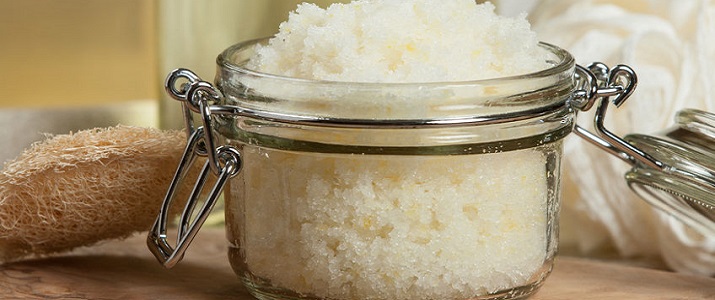
Tips For Sensitive Skin
The skin is the largest organ of the body which helps protect our body from bacteria, viruses and harsh weather conditions. It also helps to regulate our body temperature. There are three main layers of skin called the epidermis, the dermis and the deeper subcutaneous tissue. The epidermis is the outermost layer of skin and it is what creates a protective barrier with the environment. The dermis is the middle layer containing the hair follicles and sweat glands, and the subcutaneous tissue consists of fat and connective tissue.
The best way of understanding the skin and why problems arise is to consider the skin as having its own eco-system. This means that it may respond to different elements in the environment and become irritated or unbalanced. So to treat any sensitivities should involve bringing balance back into the skin.
Understanding Skin Sensitivity
The majority of women claim to have sensitive skin which may seem alarmingly high. However, there are different degrees of sensitivity. Some women may experience random red and bumpy skin to excessively dry skin, to skin that is prone to eczema and dermatitis. Usually, everyone will experience some degree of sensitivity at some point in their life. However, those who have typically sensitive skin usually have a genetic disposition to it. If one of your parents have sensitive skin, you are 30% more likely to also have. If both parents have, then you are 70% more likely to. Those aren’t good odds!
Besides for genetics being a cause of sensitive skin, the environment and our lifestyle can also have an effect. Stress may cause your skin to flare up as well as a change in the weather. Dealing with sensitive skin can be challenging so knowing what may set off a skin reaction is the best way to help manage it and find a solution.
Combating Skin Sensitivity Is Ongoing
The best way to deal with skin sensitivities is to consider it an ongoing task. Prevention is better than cure, so there are products available that you can use on a regular basis to help you deal with sensitive skin, don’t just wait for a flare-up to occur. Skin that is irritated can lose its ability to hold moisture which aggravates the skin further and feeds into a cycle of itchy and sensitive skin. This makes it important to consistently follow the best treatment plan and not only when issues arise. It also makes it important to find a good moisturizer!
Along with finding suitable products to help your skin, there are some other things you can also do to help. Be gentle with your skin and try not to excessively rub it when drying. Also, don’t use a scrub. If you are looking for a product to exfoliate with, best choose a chemical exfoliant and only use it once or twice a week. Don’t use hot water to wash yourself, keep it lukewarm because if it is too hot then it can dry out your skin. Change your pillowcases regularly. You are spending 8 hours every night with your facing rubbing against it, after all. On that note, also make sure your laundry detergent does not contain any irritants.
TOP 5
SKINCARETreatments |
|||||
| HemClear | Avatrol | Hem-Relief | Venapro | Heel-BHI | |
|---|---|---|---|---|---|
| 1 | 2 | 3 | 4 | 5 | |
| Price (1 bottle) Price (6 bottles)best value |
$49.95 $139.70 |
$45.95 $183.80 |
$39.95 $239.70 |
$39.95 $239.70 |
$42.94 $257.64 |
| Overall Rating | 99.10% | 78.00% | 73.50% | 62% | 61.50% |
| Effectiveness |





|





|





|





|





|
| Speed of Results | Extremely Fast | Fast | Good | Average | Slow |
| Quality of Ingredients | Premium | Good | Good | Average | Average |
| Customer Satisfaction Evaluation | 99.20% | 79% | 75% | 74% | 62% |
| Safety Evaluation | Safe for Use | Safe for Use | Safe for Use | Safe for Use | Safe for Use |
| Customer Service Rating |





|





|





|





|





|
| Reorder Rate | Highest | Good | Average | Good | Average |
| Return Policy | Risk Free | Unused | Risk Free | Unused & Unopened | No |
| Success Rate | 99.40% | 78% | 78.50% | 74.20% | 60% |

 Subscribe Now
Subscribe Now











